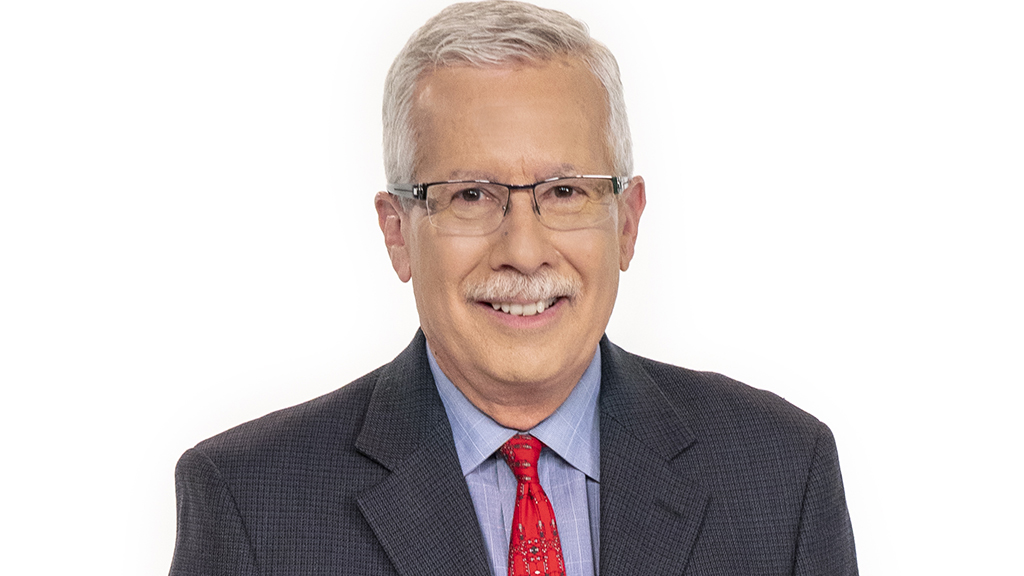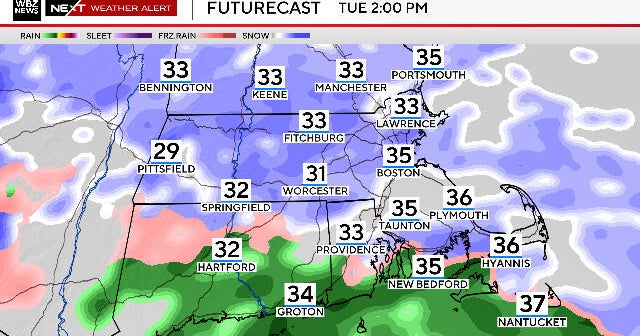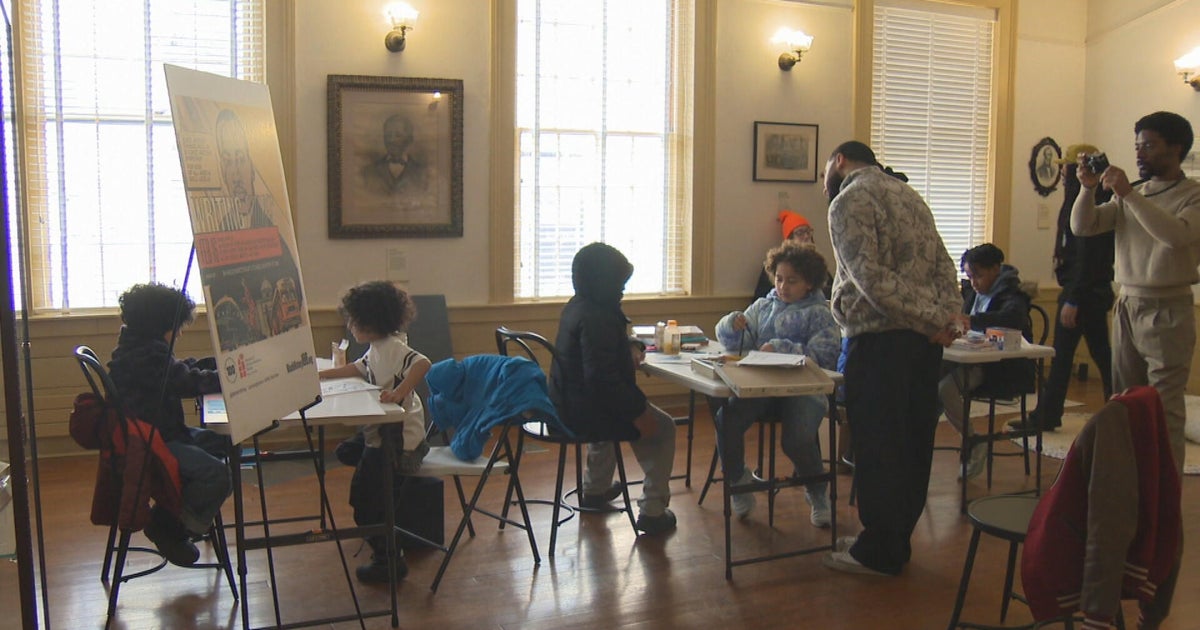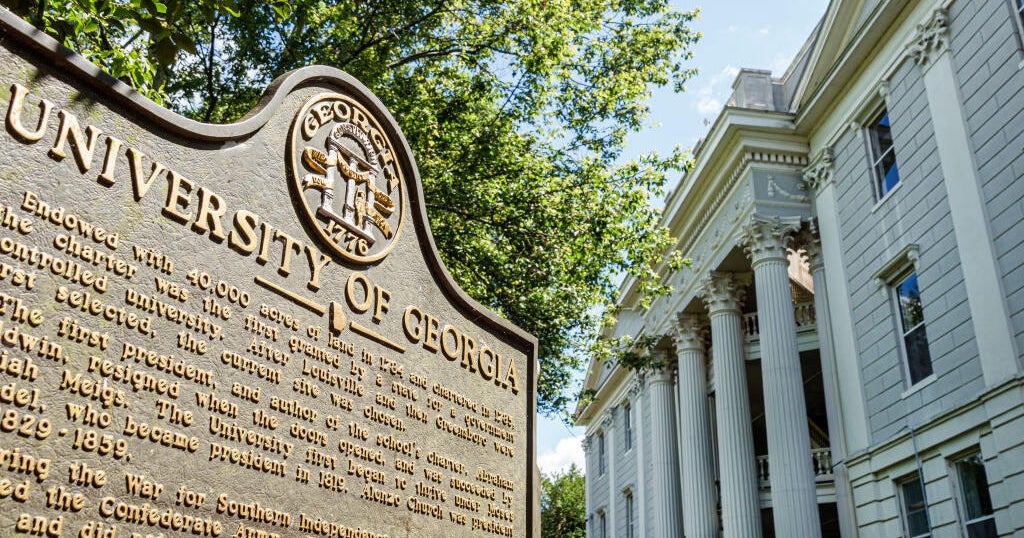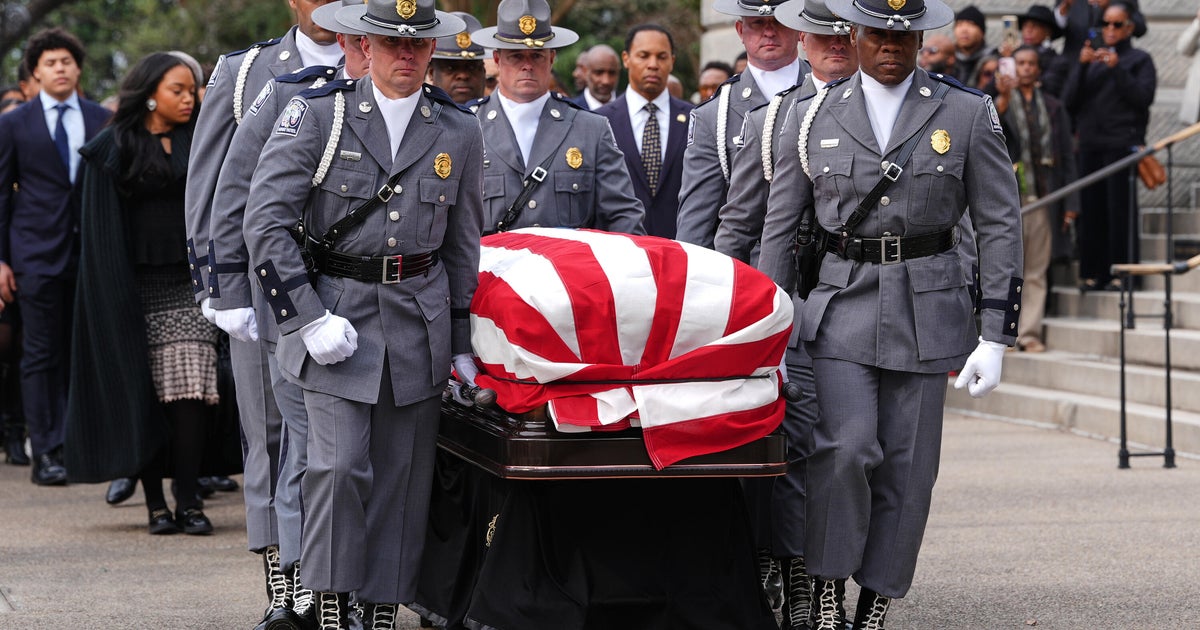Keller: Harvard's decision to go neutral as a university on current affairs long overdue
BOSTON - Harvard University has decided to go neutral and stop weighing in as an institution on current affairs.
The decision comes after months of political turmoil that helped bring down Harvard's president and drew the ire of students, alumni, faculty and Congress.
A university campus is "a place for research and debate. It is not a place for proclamation," Harvard alumnus and frequent critic, Harvey Silverglate, a local lawyer and civil libertarian, told WBZ-TV. "If you want proclamation, go to the Vatican."
Harvard's institutional neutrality
Adopting a policy of "institutional neutrality," a practice that started in the mid-1960s at the University of Chicago, will, claim its advocates, help "restore open and honest discourse on campus and reduce self-censorship" by avoiding the role Harvard found itself playing in recent months: a lightning rod for political anger.
But it doesn't mean an end to campus unrest. The University of Chicago has had its share of protest and clashes with police.
Does neutrality mean divestment?
The co-chairperson of the group recommending this policy acknowledges it might not have eased any of Harvard's recent turmoil.
"This is going to take a culture change," professor Alison Simmons told WBZ. "It's going to take time, and it's going to take reinforcement. And it's going to be tough for a while. People are going to expect statements when something happens."
Former Harvard President Claudine Gay was heavily criticized for the way she handled antisemitism on campus at start of the Israel-Hamas war. Even though she resigned, there are still university investment policies that continue to draw fire.
"Universities should have outside investment companies manage their portfolios; they should have no say over it," Silverglate said, but the new Harvard policy doesn't go there.
What about allegations of harassment?
And what about the lawsuits alleging on-campus harassment and disruption? Harvard's "got to enforce" the rules of on-campus conduct, says Silverglate. "And they have a Harvard police force. It's not that difficult."
Says Simmons: "I hope we can refocus on what we're all in a university to do, which is do our research and scholarship and teach and to have a productive exchange of ideas and arguments that represent all sides."
Easier said than done. But the new policy is a long overdue sign that Harvard recognizes it has a cultural problem that it didn't have its own answers for.
For a place that often acts as if no one can tell it anything, that alone is a gift to those who hope for change.
